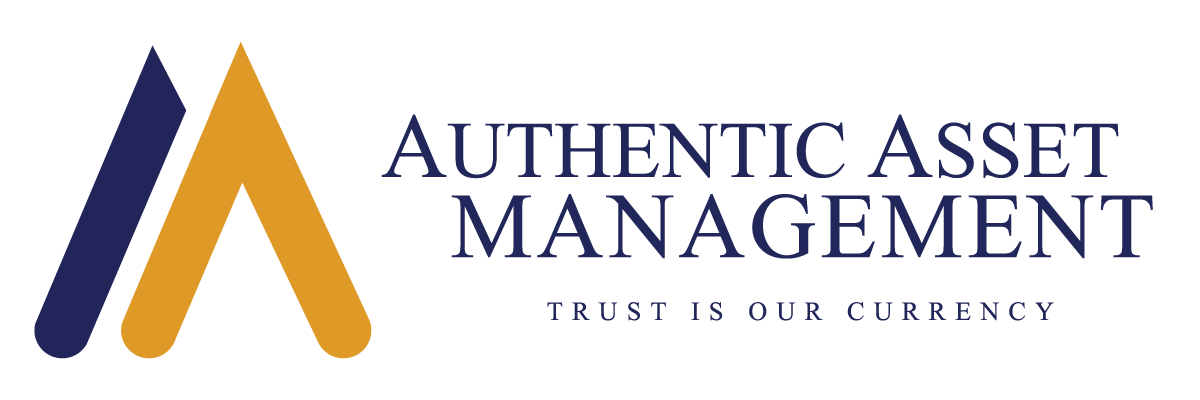Several weeks ago, we suggested the market was poised to move beyond peak inflation and rate hike fears but had not yet grappled with the growth implications of monetary tightening and the end of the liquidity cycle. That has begun to change, but we remain some distance from what one may call peak fear on growth.
The chart shows real hourly earnings against the Bloomberg commodity index. It highlights the tension between surging inflation (which has multiple sources) and the tightening impact that inflation has on real purchasing power. High inflation has left real purchasing power in the dust. In effect, the chatter on a nominal wage price spiral feels misplaced. It isn’t inflationary. It is deflationary because inflation is so high, and falling real purchasing power is, by its very nature, a constraint on medium to long term growth prospects. It is yet another element for the Fed and other central banks to factor into an already blunt effort to reduce demand just enough, but not too much.
Inflation needs to be reduced in the name of price stability. It also needs to be reduced to improve purchasing power and the problem is that central banks can only reduce persistent supply chain bottlenecks and commodity prices by leaning very very very hard on demand. Even then, many commodities (grains, some industrial metals, energy to name a few) may be more resilient to changes in demand owing to changing supply considerations stemming from the war in Europe. If the intended effect to press nominal wage growth lower is achieved, but without a sufficient effect on the factors driving inflation, the odds of a hard landing will only increase.
Thus far global equity markets have fallen as investors pay less for each unit of profit growth. This is logical in a rising rate, rising inflation, and liquidity tightening regime. The next shoe to drop will be earnings as growth prospects are reconsidered. The IMF forecast for global growth in 2022 has already been reduced by 0.7% and in 2023 by almost 2.4% relative to projections based in early 2021. China is in lockdown and their PMI is drifting toward new lows, the ISM new order/inventory spread is at multi year lows, and the latest data from retail earnings reinforces the view that operating margins have peaked.
The good news is that longer term interest rates have peaked for now. The inflation premium is moving off the highs, and now the lurch higher in real rates (a proxy for growth) has stalled, correctly in our view. The bad news for equity investors is that earnings expectations will get revised lower and credit spreads will continue to tighten even if benchmark rates hold steady.
Investors would be well served in finding alternative sources of return, ones not dependent on fixed income or equity markets.
#AuthenticAsset#portfoliomanagement#investment
For more Insights by Authentic, please visit: https://authenticasset.com/insights/

